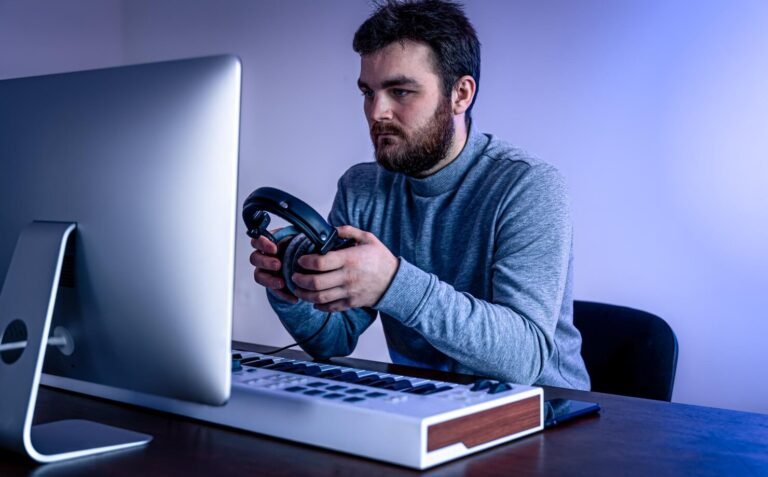
The world of gaming is vast, and GitHub games has become a hub for developers to share, collaborate, and innovate in game development. From indie projects to full-fledged open-source games, GitHub offers a treasure trove of code, assets, and ideas for gamers and developers alike. Whether you’re a programmer looking to contribute, a gamer searching for unique experiences, or just curious about how games are built, GitHub has something for everyone. In this article, we’ll explore different aspects of GitHub games, including popular open-source projects, game development frameworks, and how you can get involved in this thriving community.
1. Popular Open-Source Games on GitHub
Many developers release their github games as open-source projects, allowing others to learn from, modify, or even redistribute them. Some well-known titles include 0 A.D. (a historical RTS game), OpenRA (a reimplementation of classic Command & Conquer games), and Cataclysm: Dark Days Ahead (a survival roguelike). These games are not only free to play but also encourage community contributions, making them constantly evolving experiences. By exploring their repositories, you can study game mechanics, contribute bug fixes, or even create your own mods.
2. Game Development Frameworks and Engines
GitHub hosts numerous game engines and frameworks that simplify game development. Godot Engine, Phaser (for HTML5 games), and Raylib (a lightweight C framework) are just a few examples. These tools provide everything from rendering and physics to sound and input handling, allowing developers to focus on creativity rather than reinventing the wheel. Many of these projects are community-driven, meaning they improve over time with contributions from developers worldwide.
3. How to Contribute to GitHub Game Projects
Contributing to open-source games is a great way to improve your coding skills while supporting the gaming community. You can start by reporting bugs, fixing minor issues, or even adding new features. Most projects have a CONTRIBUTING.md file that guides newcomers. Even if you’re not a programmer, you can help with documentation, artwork, or game testing. Open-source thrives on collaboration, and every contribution, no matter how small, makes a difference.
4. Learning Game Development Through GitHub
GitHub is an excellent resource for aspiring game developers. By studying open-source games, you can learn how different game systems work—from AI pathfinding to multiplayer networking. Many repositories include detailed comments, tutorials, and wikis to help beginners. Forking a project and experimenting with modifications is a hands-on way to understand game architecture and coding best practices.
5. The Future of Open-Source Gaming
As more developers embrace open-source, the future of gaming looks increasingly collaborative. Projects like LibreGameWiki and OpenGameArt complement GitHub by providing free assets and resources. With cloud gaming and WebAssembly gaining traction, open-source games can reach wider audiences without platform restrictions. The community-driven nature of these projects ensures continuous innovation, making GitHub an essential platform for the future of game development.
Conclusion
GitHub has revolutionized how games are created and shared, fostering a culture of openness and collaboration. Whether you’re a developer, gamer, or enthusiast, there’s always something new to discover in the world of GitHub games. By exploring open-source projects, contributing to their growth, or even starting your own, you can be part of this exciting movement. So dive in, fork a repository, and start gaming—the open-source way!